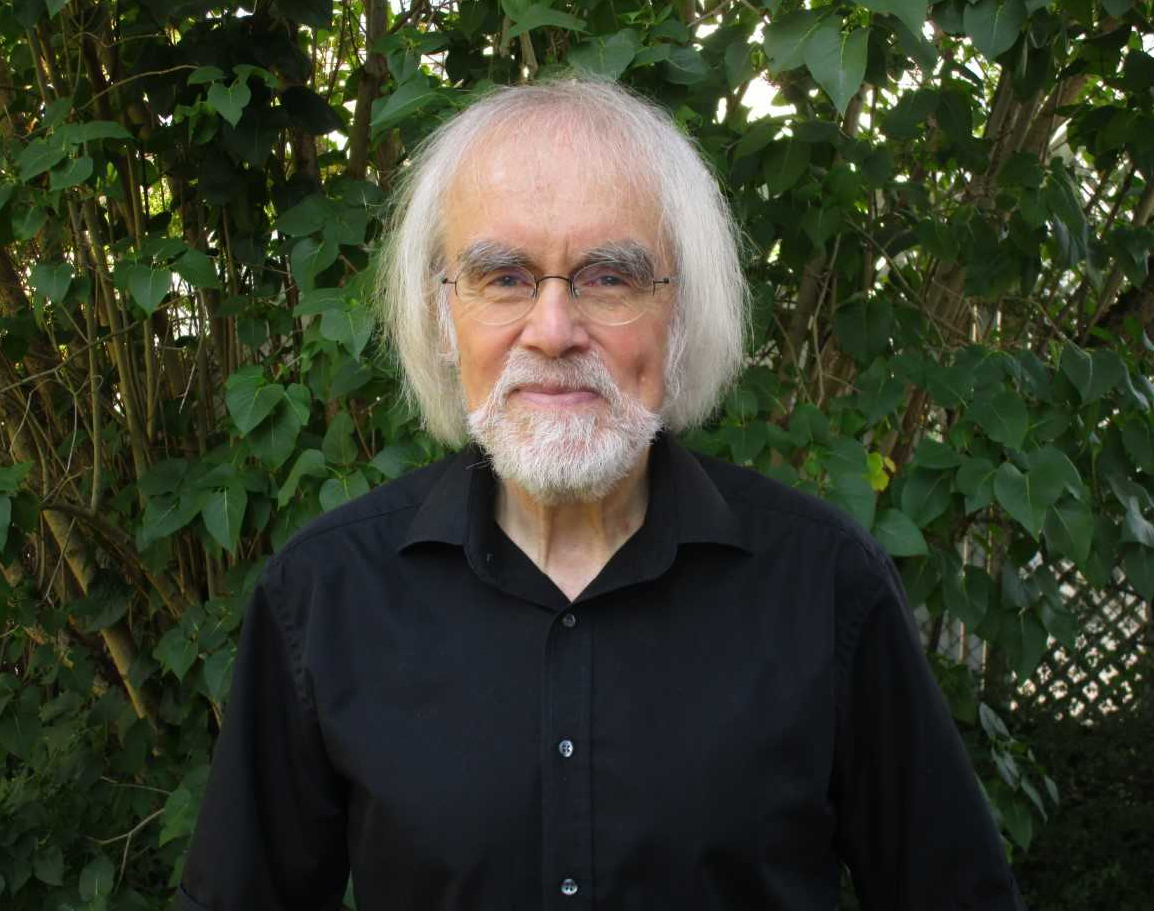2024 J. J. Sakurai Prize for Prof. Andrzej J. Buras#
Academia Europaea is pleased to announce the award of the 2024 J. J. Sakurai Prize to Prof. Andrzej J. Buras, Technical University Munich
to Prof. Andrzej J. Buras, Technical University Munich , "for exceptional contributions to quark-flavor physics, in particular, developing and carrying out calculations of higher-order QCD effects to electroweak transitions, as well as for drawing phenomenological connections between kaons, D mesons, and B mesons".
, "for exceptional contributions to quark-flavor physics, in particular, developing and carrying out calculations of higher-order QCD effects to electroweak transitions, as well as for drawing phenomenological connections between kaons, D mesons, and B mesons".
Prof. Buras was elected as member of the Physics and Engineering Sciences section of Academia Europaea in 2022.
Academia Europaea congratulates Prof. Buras to this distinction!#
About Andrzej J. Buras#
Andrzej J. Buras obtained MSc Degree in Theoretical Physics at the Warsaw University (1971). After emigration to Denmark a year later (1972), he received a PhD Degree in High Energy Theoretical Physics at Niels Bohr Institute in Copenhagen.
After postdoctoral position at Niels Bohr Institute (1972-1975) he worked as CERN fellow in the CERN Theory Group (1975-1977). Subsequently, he worked as a visitor of Fermilab Theory Group (1977-1979), Visitor of the SLAC Theory Group (1979) and from 1979 till 1981 first as Associate Scientist and from 1981 till the fall of 1982 as a staff member in the Fermilab Theory Group.
From October 1982 to November 1988, he was staff member in the Theory Group of the Max Planck Institute for Physics in Munich. Subsequently, he moved to the Physics Department of the Technical University of Munich (TUM) in Garching, where he became Full Professor with the chair in Theoretical Physics until April 2012. From then on, he holds the Emeritus of Excellence position working at the TUM Institute for Advanced Study in Garching.
Starting in 1976 at CERN, Buras developed and applied the renormalization group technology first to deep-inelastic scattering (DIS) in the period 1976-1982 and subsequently over 40 years to weak decays of mesons or more generally to flavour physics both within the Standard Model and in several extensions of this model. In the case of DIS, his best-known papers are: the one
with Bardeen, Duke and Muta (1978) on higher order QCD corrections leading to the definition of the strong coupling constant used by the community since then (1787 citations on inspirehep), first energy-dependent parton distributions with Gaemers in 1977 (746 citations) and his Rev. Mod. Phys. paper (1980) (767 citations).
His most important and pioneering contributions are in the flavour physics where he is with a big margin most cited theoretical flavour physicist world-wide, bringing him to top five most cited particle theorists in Europe and among ten particle theorists with highest h-index world-wide. In flavour physics his most cited papers are the Rev. Mod. Phys. article (1996) (2973 citations) and his Les Houches lectures (1998) (949 citations).
About the J. J. Sakurai Prize for Theoretical Particle Physics#
The Sakurai Prize recognizes outstanding achievement in particle theory and was endowed in 1984 as a memorial to and in recognition of the accomplishments of J. J. Sakurai by the family and friends of J. J. Sakurai. The prize is awarded by the American Physical Society
recognizes outstanding achievement in particle theory and was endowed in 1984 as a memorial to and in recognition of the accomplishments of J. J. Sakurai by the family and friends of J. J. Sakurai. The prize is awarded by the American Physical Society (APS).
(APS).


